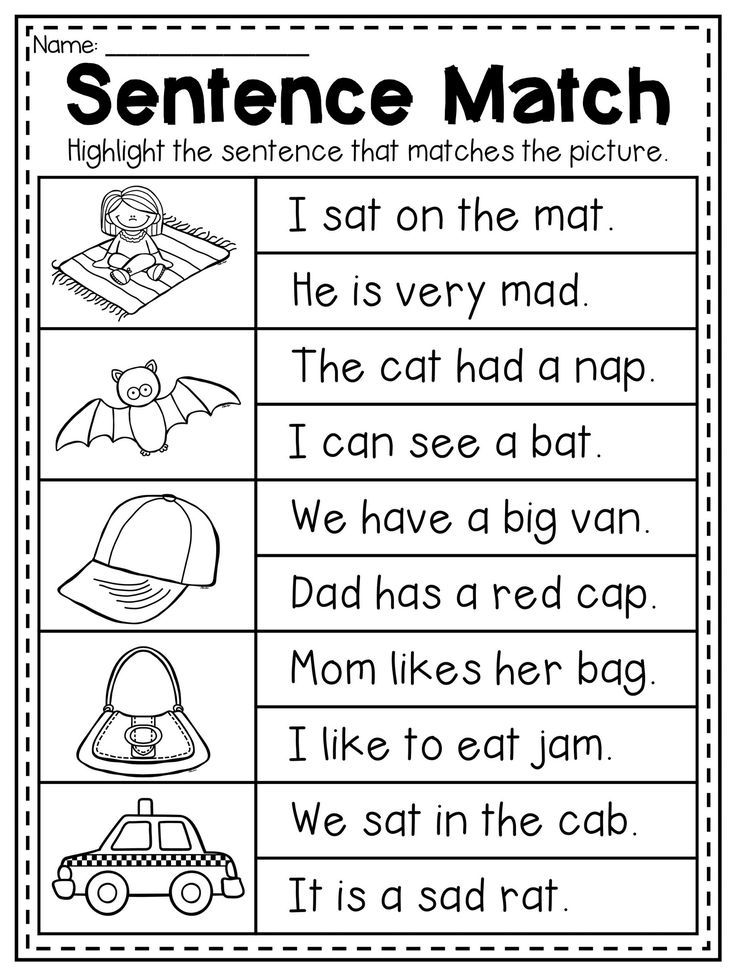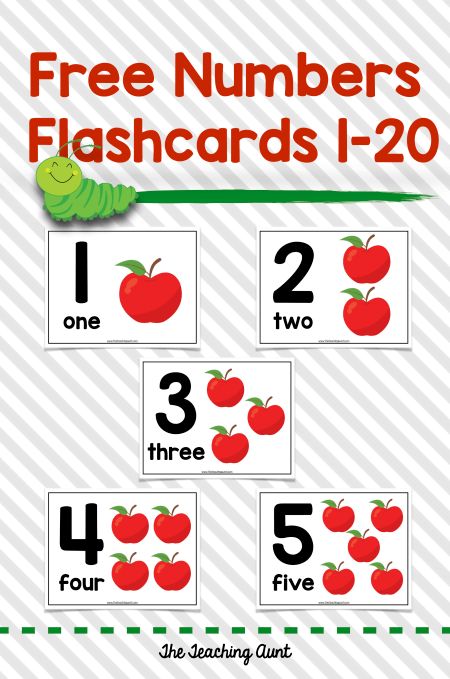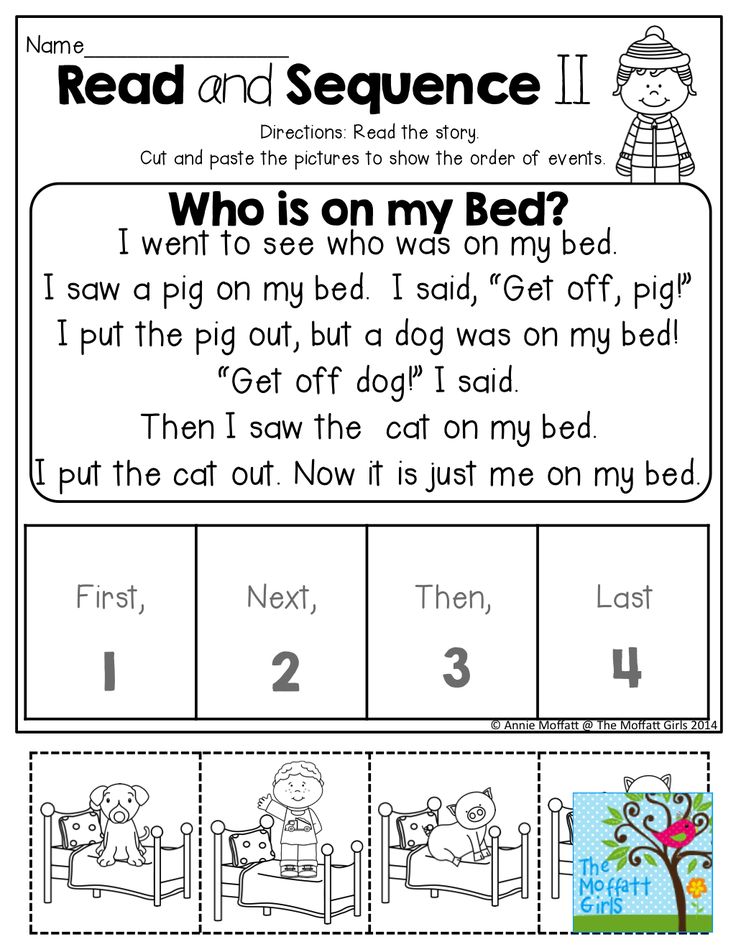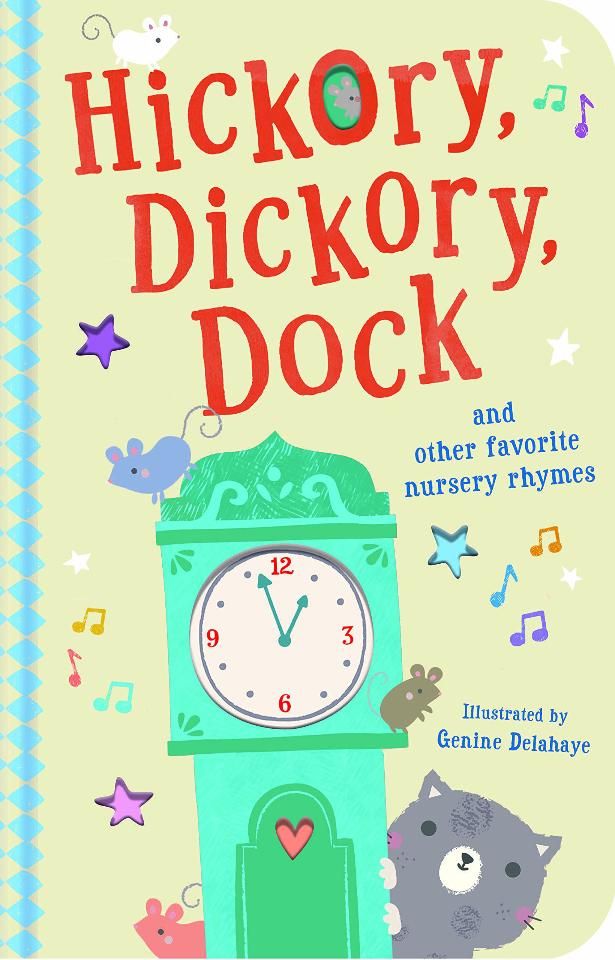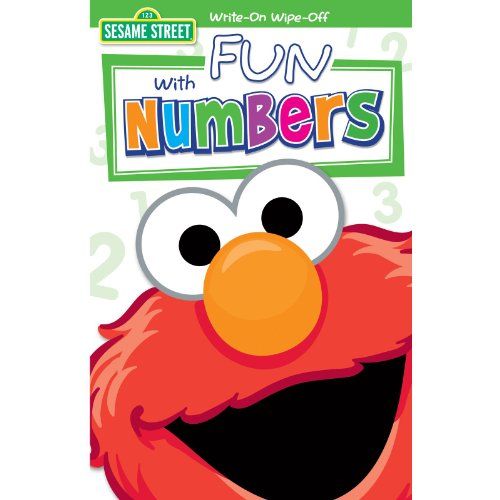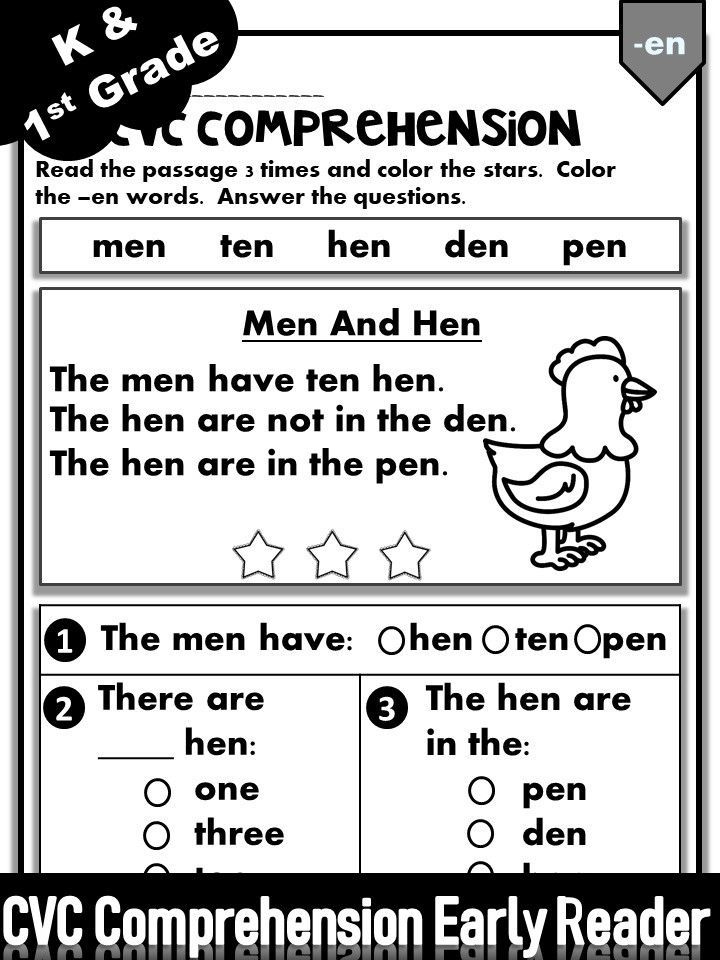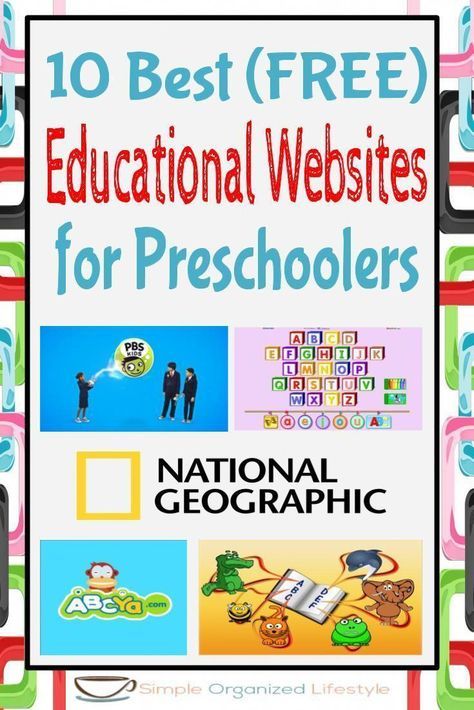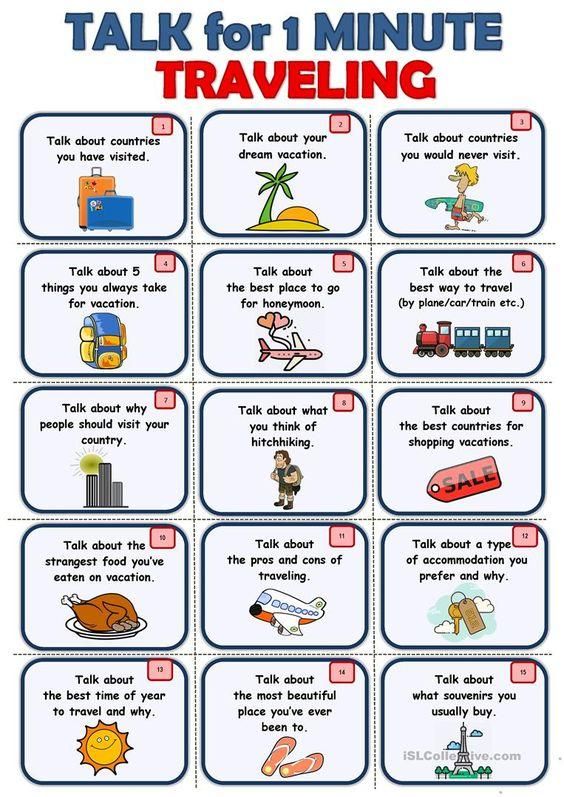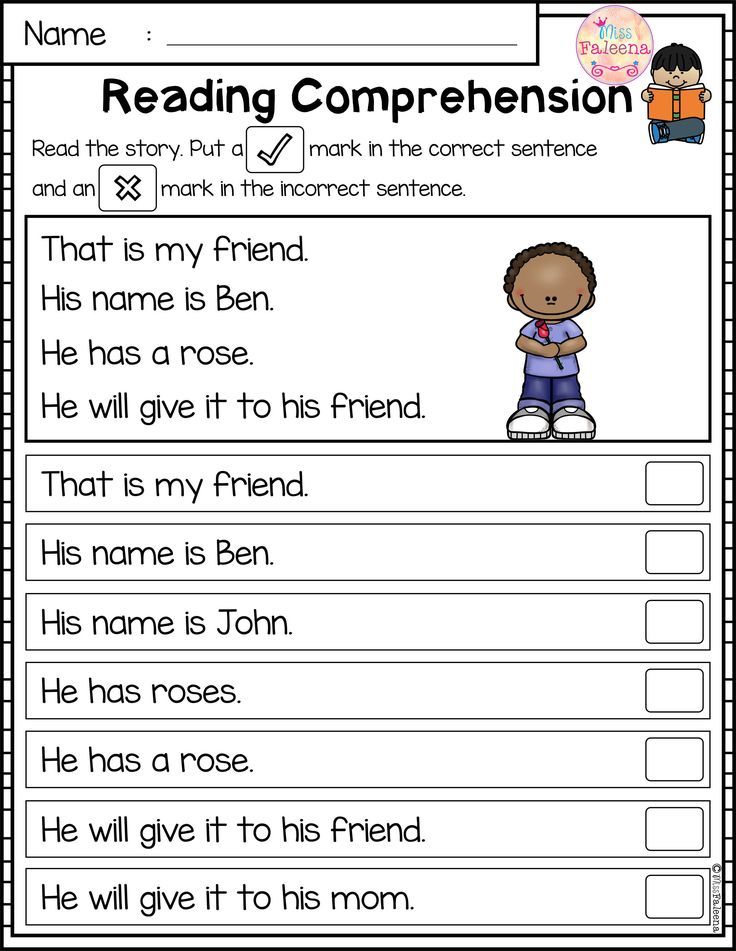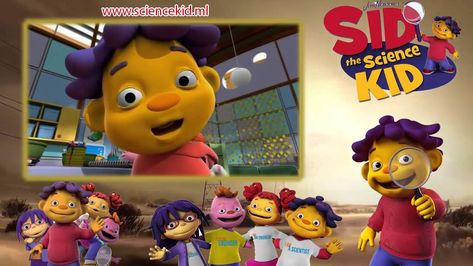Sight words help
Best Sight Word Books and Activities
You probably don’t remember learning how to read words like the, is, and am. But these so-called “sight words” that you now read every day (without even noticing!) can actually be quite challenging for children to learn. However, they're crucial to reading success.
In simple terms, sight words are commonly-used words that children are encouraged to memorize by sight, so they instantly recognize them in a text without having to take the time to sound them out. That’s especially helpful for the many sight words that don’t follow normal phonetic rules, and can’t be sounded out.
“When children can read sight words quickly, they are more fluent readers and can better comprehend a text,” says Laura Mossa, an elementary school reading specialist at Baltimore County Public Schools. She adds that one classic study found that up to 75 percent of the words used in text geared toward young readers are sight words.
Here are five ways to make learning sight words easier for your child, and tools that will help you along the way.
Tip 1: Expose your child to sight words early on.
It's never too early to start reading regularly with your child (it will boost their language development and reading skills, and doing so multiple times per day can expose them to 1 million words by kindergarten!). This is the most natural way to familiarize them with a wide range of sight words.
Also point out sight words in your environment — say, by reading signs on the road or at the grocery store out loud. This will help provide a solid foundation for when your child takes on more formal sight word learning in preschool and kindergarten.
What Will Help: For young children, simply focus on joyful read-alouds that are packed with sight words, like Oh, The Places You'll Go!
As your child enters preschool and kindergarten, this Sight Word Readers Parent Pack is a great way to supplement what they're learning in class.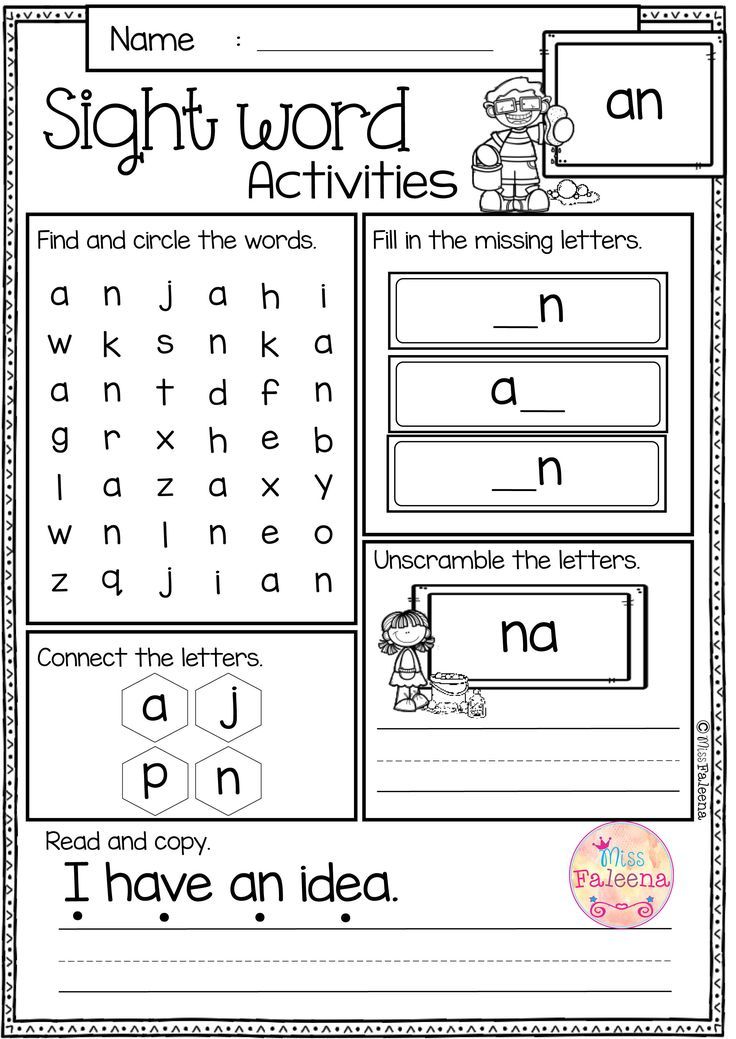 It features a mini activity book and write-and-learn pages to help your kids learn 50 high-frequency sight words!
It features a mini activity book and write-and-learn pages to help your kids learn 50 high-frequency sight words!
Tip 2: Make read-alouds more interactive.
When you read with your child, you’ll notice that many repetitive phrases contain sight words like I, a, at, am, and, it, in, is, and the. Have fun emphasizing this repetition, and encourage your child to chime in on the refrains as you point to the words along the way.
“Since sight words make up a large percentage of all text, engaging in interactive read-alouds with your child is a great way to practice them,” says Mossa. Books that show text in speech bubbles are particularly useful for this, because the text is concise and large, making it easy to point out sight words in each bubble as you read.
What Will Help: For general sight word practice, you can use this Little Skill Seekers: Sight Words workbook with your child — it includes playful illustrations and practice problems that will help your child recognize sight words to strengthen reading fluency!
Tip 3: Engage all of their senses.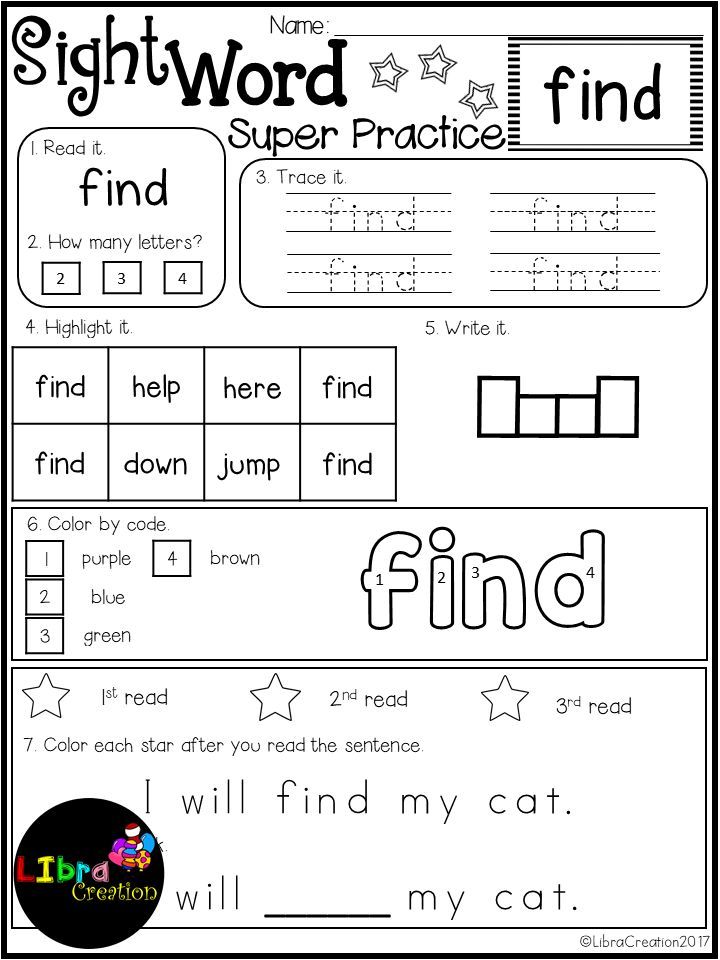
Mossa says she also uses multi-sensory activities with children, in which they fill in missing letters or rearrange letters to correctly spell a sight word, or "write" a word using their finger in the air or on a table.
“Children are more likely to retain a sight word in their long-term memory when practice includes these multi-sensory strategies,” says Mossa. She also suggests giving kids pipe cleaners or magnetic letters to build sight words.
For more practice with spelling sight words — especially those that aren’t phonetically regular — Mossa says she turns to literacy expert Jan Richardson’s sight word technique. “I introduce the sight word by writing it on a dry erase board or making it with magnetic letters,” she says. “Then I ask children to look at each letter as I slide an index card left to right across the word.”
Tip 4: Sort sight words into categories.
It can be helpful to show kids how to sort sight words into categories, such as “rule followers” and “rule breakers,” says Mossa.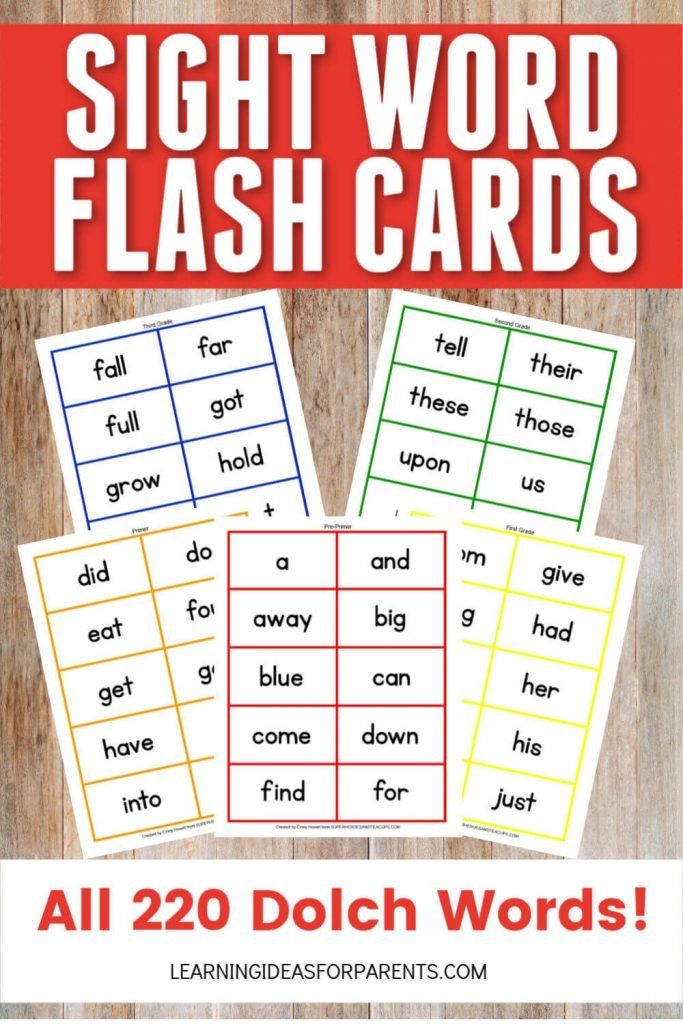 However, this should be used with more fluent readers who have already built early decoding skills and can sound out words.
However, this should be used with more fluent readers who have already built early decoding skills and can sound out words.
“For example, the sight word ‘can’ follows regular phonics patterns,” Mossa says. “In contrast, ‘said’ is not decodable. Therefore, children must learn this word as a whole unit. When I introduce a sight word, I discuss whether it can be sounded out or if it is a word that is a rule breaker.” Play a sorting game at home in which your child guesses which sight words can or cannot be sounded out.
What Will Help: Discuss the various types of sight words in this Nonfiction Sight Word Readers Parent Pack Level A and the Scholastic Success With Grades K-2: Sight Words with your child. Both of these tools will help your young reader become more familiar with key sight words and strengthen their reading skills.
Tip 5: Read and play with sight words daily.
“Children will become better at reading sight words automatically when they have daily opportunities to interact with text at home,” says Mossa.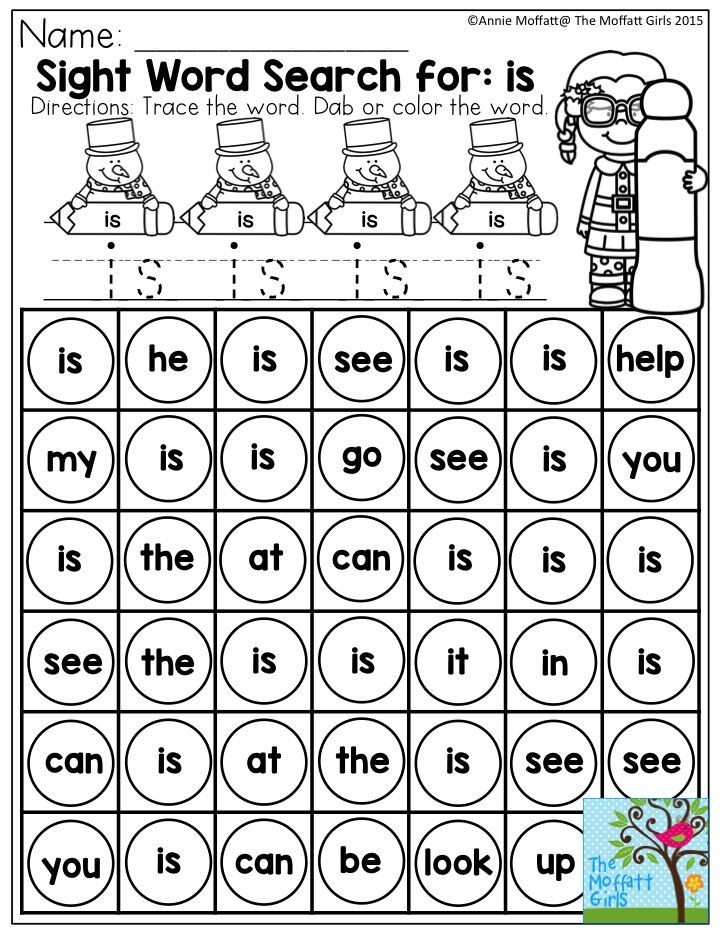 Reading daily will naturally reinforce the learning of sight words, and you can also get creative with games, art projects, and other interactive activities.
Reading daily will naturally reinforce the learning of sight words, and you can also get creative with games, art projects, and other interactive activities.
Sight Words Teaching Strategy | Sight Words: Teach Your Child to Read
A child sees the word on the flash card and says the word while underlining it with her finger.
The child says the word and spells out the letters, then reads the word again.
The child says the word and then spells out the letters while tapping them on her arm.
A child says the word, then writes the letters in the air in front of the flash card.
A child writes the letters on a table, first looking at and then not looking at the flash card.
Correct a child’s mistake by clearly stating and reinforcing the right word several times.
- Overview
- Plan a Lesson
- Teaching Techniques
- Correcting Mistakes
- Frequently Asked Questions
- Questions and Answers
Sight words instruction is an excellent supplement to phonics instruction.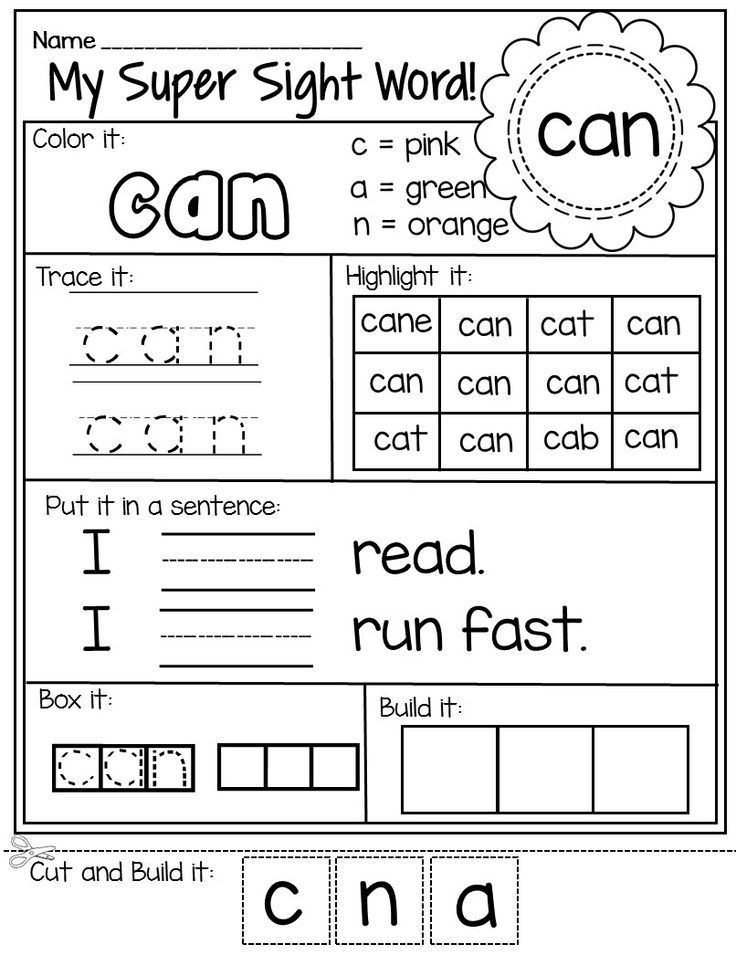 Phonics is a method for learning to read in general, while sight words instruction increases a child’s familiarity with the high frequency words he will encounter most often.
Phonics is a method for learning to read in general, while sight words instruction increases a child’s familiarity with the high frequency words he will encounter most often.
Use lesson time to introduce up to three new words, and use game time to practice the new words.
A sight words instruction session should be about 30 minutes long, divided into two components:
- Sight Words Lesson — Use our Teaching Techniques to introduce new words and to review words from previous lessons — 10 minutes
- Sight Words Games — Use our games to provide reinforcement of the lesson and some review of already mastered sight words to help your child develop speed and fluency — 20 minutes
Video: Introduction to Teaching Sight Words
↑ Top
2.
 1 Introduce New Words
1 Introduce New Words
When first beginning sight words, work on no more than three unfamiliar words at a time to make it manageable for your child. Introduce one word at a time, using the five teaching techniques. Hold up the flash card for the first word, and go through all five techniques, in order. Then introduce the second word, and go through all five teaching techniques, and so on.
This lesson should establish basic familiarity with the new words. This part of a sight words session should be brisk and last no more than ten minutes. As your child gets more advanced, you might increase the number of words you work on in each lesson.
2.2 Review Old Words
Begin each subsequent lesson by reviewing words from the previous lesson. Words often need to be covered a few times for the child to fully internalize them. Remember: solid knowledge of a few words is better than weak knowledge of a lot of words!
Go through the See & Say exercise for each of the review words.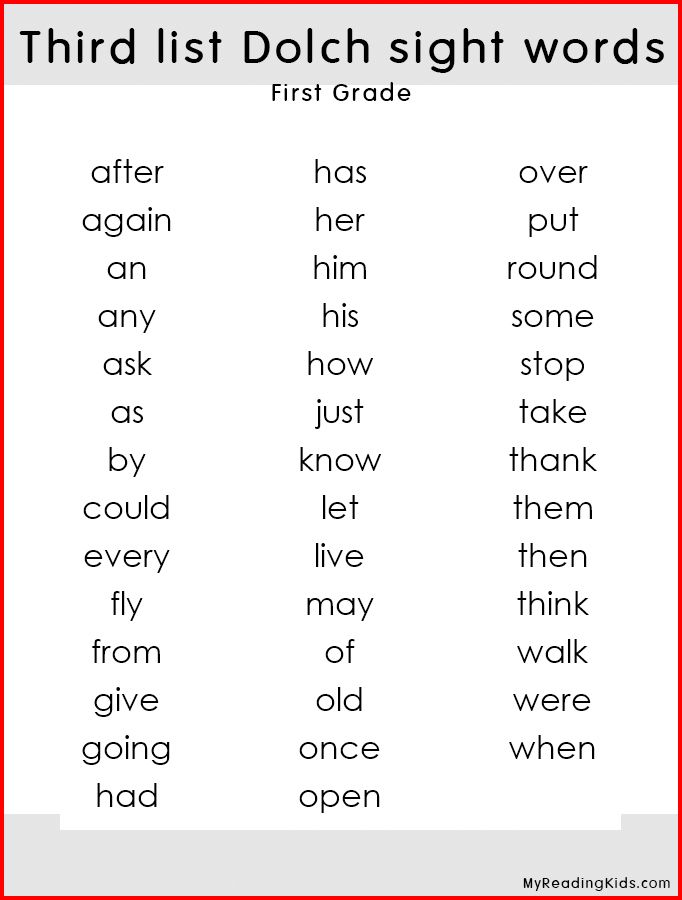 If your child struggles to recognize a word, cover that word again in the main lesson, going through all five teaching techniques. If he has trouble with more than two of the review words, then set aside the new words you were planning to introduce and devote that day’s lesson to review.
If your child struggles to recognize a word, cover that word again in the main lesson, going through all five teaching techniques. If he has trouble with more than two of the review words, then set aside the new words you were planning to introduce and devote that day’s lesson to review.
Note: The child should have a good grasp of — but does not need to have completely mastered — a word before it gets replaced in your lesson plan. Use your game time to provide lots of repetition for these words until the child has thoroughly mastered them.
2.3 Reinforce with Games
Learning sight words takes lots of repetition. We have numerous sight words games that will make that repetition fun and entertaining for you and your child.
The games are of course the most entertaining part of the sight words program, but they need to wait until after the first part of the sight words lesson.
Games reinforce what the lesson teaches.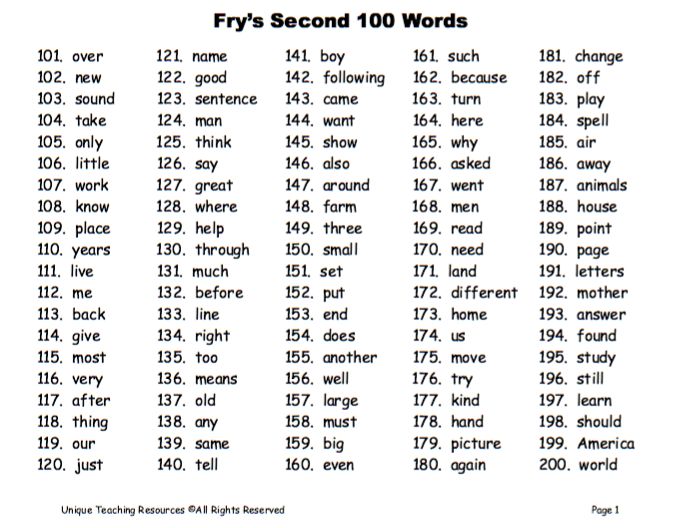
Do not use games to introduce new words.
NOTE: Be sure the child has a pretty good grasp of a sight word before using it in a game, especially if you are working with a group of children. You do not want one child to be regularly embarrassed in front of his classmates when he struggles with words the others have already mastered!
↑ Top
Introduce new sight words using this sequence of five teaching techniques:
- See & Say — A child sees the word on the flash card and says the word while underlining it with her finger.
- Spell Reading — The child says the word and spells out the letters, then reads the word again.
- Arm Tapping — The child says the word and then spells out the letters while tapping them on his arm, then reads the word again.
- Air Writing — A child says the word, then writes the letters in the air in front of the flash card.
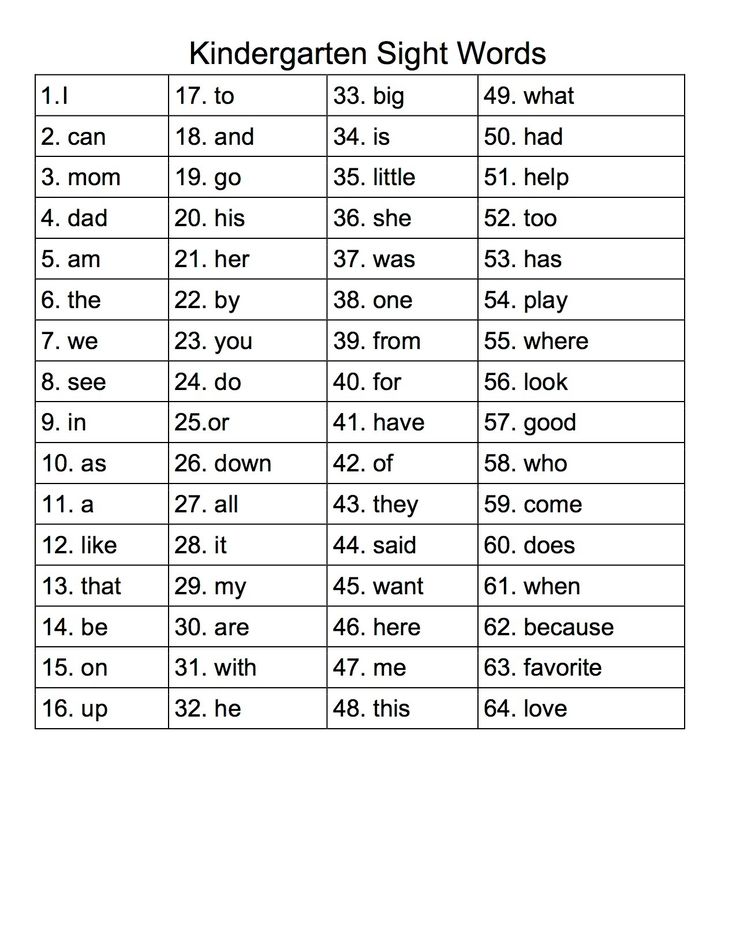
- Table Writing — A child writes the letters on a table, first looking at and then not looking at the flash card.
These techniques work together to activate different parts of the brain. The exercises combine many repetitions of the word (seeing, hearing, speaking, spelling, and writing) with physical movements that focus the child’s attention and cement each word into the child’s long-term memory.
The lessons get the child up to a baseline level of competence that is then reinforced by the games, which take them up to the level of mastery. All you need is a flash card for each of the sight words you are covering in the lesson.
↑ Top
Of course, every child will make mistakes in the process of learning sight words. They might get confused between similar-looking words or struggle to remember phonetically irregular words.
Use our Corrections Procedure every time your child makes a mistake in a sight words lesson or game.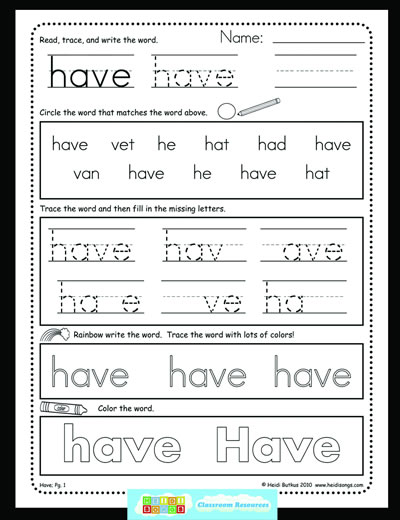 Simple and straightforward, it focuses on reinforcing the correct identification and pronunciation of the word. It can be done quickly without disrupting the flow of the activity.
Simple and straightforward, it focuses on reinforcing the correct identification and pronunciation of the word. It can be done quickly without disrupting the flow of the activity.
Do not scold the child for making a mistake or even repeat the incorrect word. Just reinforce the correct word using our script, and then move on.
↑ Top
Q: Progress is slow. We have been on the same five words for a week!
A: It is not unusual to have to repeat the same set of words several times, especially in the first weeks of sight words instruction. The child is learning how to learn the words and is developing pattern recognition approaches that will speed his progress. Give him time to grow confident with his current set of words, and avoid overwhelming the child with new words when he hasn’t yet become familiar with the old words.
Q: Do I really need to do all five techniques for every word?
A: Start out by using all five techniques with each new word.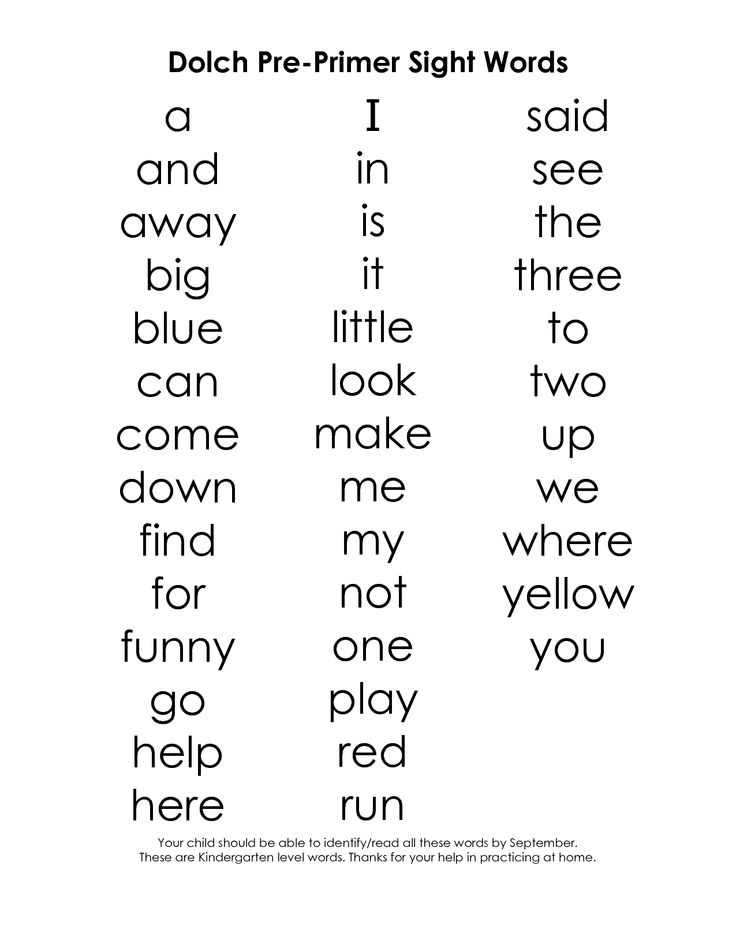 The techniques use different teaching methods and physical senses to support and reinforce the child’s memorization of the word. After a few weeks of lessons, you will have a sense for how long it takes your child to learn new words and whether all five exercises are necessary. Start by eliminating the last activity, Table Writing, but be sure to review those words at the next lesson to see if the child actually retained them without that last exercise. If the child learns fine without Table Writing, then you can try leaving out the fourth technique, Air Writing. Children who learn quickly may only need to use two or three of the techniques.
The techniques use different teaching methods and physical senses to support and reinforce the child’s memorization of the word. After a few weeks of lessons, you will have a sense for how long it takes your child to learn new words and whether all five exercises are necessary. Start by eliminating the last activity, Table Writing, but be sure to review those words at the next lesson to see if the child actually retained them without that last exercise. If the child learns fine without Table Writing, then you can try leaving out the fourth technique, Air Writing. Children who learn quickly may only need to use two or three of the techniques.
Q: How long will it take to get through a whole word list? I want my child to learn ALL the words!!!
A: That depends on a number of factors, including frequency of your lessons as well as your child’s ability to focus. But do not get obsessed with the idea of racing through the word lists to the finish line.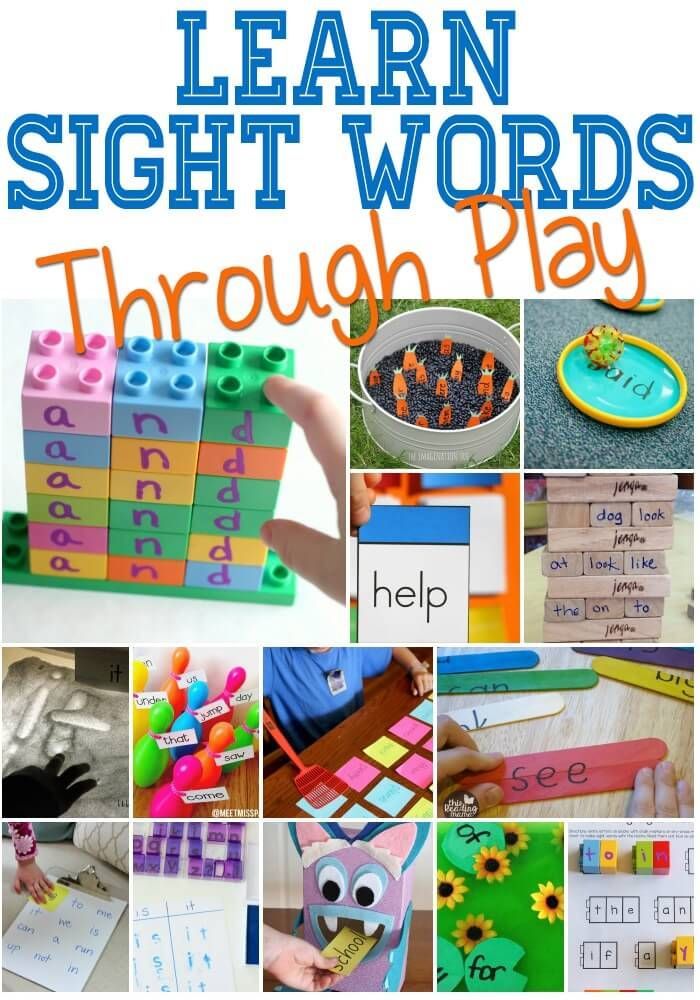 It is much, much better for your child to solidly know just 50 words than to “kind of” know 300 words. We are building a foundation here, and we want that foundation to be made of rock, not sand!
It is much, much better for your child to solidly know just 50 words than to “kind of” know 300 words. We are building a foundation here, and we want that foundation to be made of rock, not sand!
↑ Top
Leave a Reply
"Magic words" help the press release get on the media pages
https://ria.ru/20080630/112605617.html
"Magic words" help the press release get on the media pages
"Magic words" help the press "Magic words" help the press release get on the pages of the media - RIA Novosti, 03.08.2008 , "cancer", "fats" and "sex", most PR people are convinced. nine0003
2008-06-30T17:38
2008-06-30T17:38
2008-08-03T19:15
/html/head/meta[@name='og:title']/@content
2 /html/head/meta[@name='og:description']/@content
https://cdnn21.img.ria.ru/images/sharing/article/112605617.jpg?1217776511
RIA Novosti
1
5
4.7
9000
Internet-group@rian.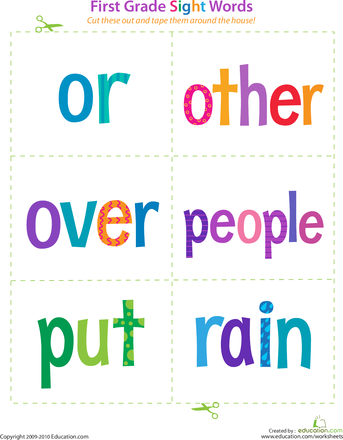 ru
ru
7 495 645-6601
FSUE MIA Today
https: //xn--c1acbl2abdlkab1og.xn--p1aii/ awards/
2008
RIA Novosti
1
5
4.7
9000
7 495 645-6601
FSUE MIA "Russia Today"
https: // XN --c1acbl2abdlkab1og.xn--p1ai/awards/
News
en-RU
https://ria.ru/docs/about/copyright.html
https://xn--c1acbl2abdlkab1og.xn-- p1ai/
RIA Novosti
1
5
4.7
96
7 495 645-6601
Rossiya Segodnya
https://xn--c1acbl2abdlkab1og.xn--p1 News
1
5
4.7
9000
7 495 645-6601
Federal State Unitary Enterprise “Russia Today”
HTTPS: //xn--C1ACBL2ABDLKAB1OG.XN-G. -p1ai/awards/
RIA Novosti
1
5
4.7
9000
7 495 645-6601
FSUE MIA Today
https: //xn--c1acbl2abdlkab1og.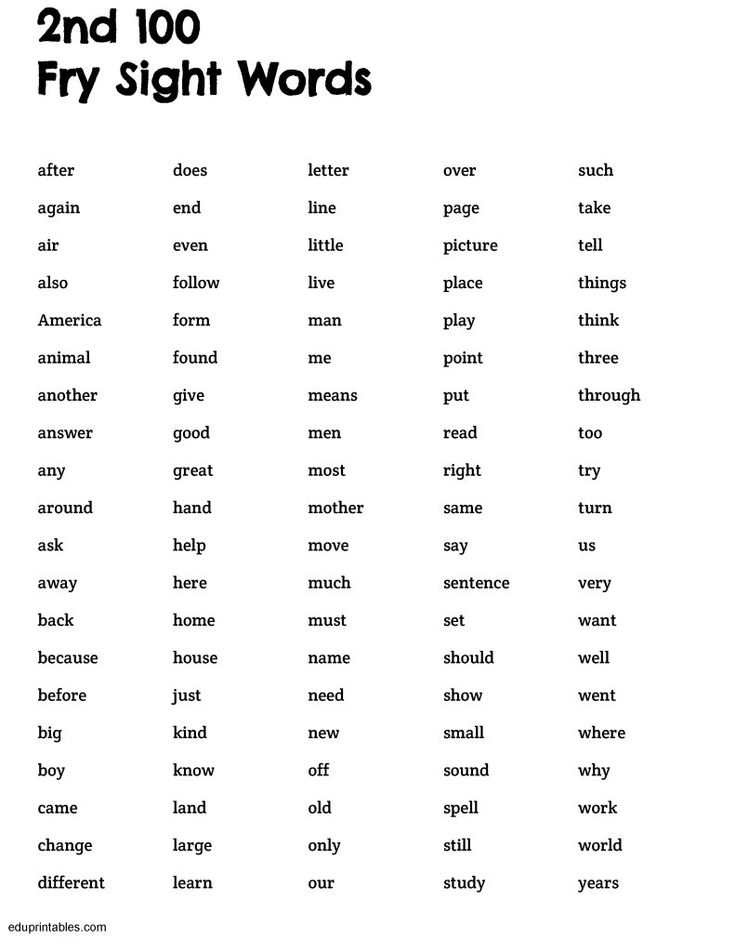 xn--p1ai/AWAWARDS /
xn--p1ai/AWAWARDS /
media - society, society
Media - society, society
NEW YORK, June 30 - RIA Novosti, Larisa Saenko . American researchers have found out the range of keywords that help companies' press releases get on the pages of the world media, even if there is no news in them at all. nine0003
The "magic words" that grab the attention of news editors in the US are "money", "mystery", "cancer", "fats" and "sex", most PR people are convinced.
David Shiman, author of the new book Dirty Little Tricks of Big Noise, considers "safe", "easy", "breakthrough", "secret" as keywords, which in themselves suggest that we are talking about something new.
Frightening messages with the words "dangerous", "toxic" also have the right to life. Experts note that recently the media are also willing to "swallow" information using the words "green" and "environment". nine0003
The New York Times told the story of when a dubious report citing a little-known group of scientists that an ordinary shower curtain could release up to 108 dangerous chemicals into the air made it past the U. S. News & World Report, Los Angeles Times and New York Daily News, and was also aired on MSNBC.
S. News & World Report, Los Angeles Times and New York Daily News, and was also aired on MSNBC.
However, later the dubious statement, which received such wide publicity, was refuted by more authoritative organizations that unite consumers. nine0003
"If you say it's 'the first', 'the fastest', 'the fastest', 'the highest', it's sure to grab attention," says PR logistics manager Kate Robins.
It is important that any company characterize itself in its own press release as a "leader in this market niche", or at least "one of the leaders".
For stories from the life of celebrities, the "keywords" that open the doors to the pages of publications include the words "divorce", "breakup" and "marriage". When it comes to electronics and computer equipment, the words "breakthrough", "advanced", "revolutionary" are recommended, which is also desirable to mention in relation to the price. nine0003
However, the "magic words" are not always universal, and each region must have its own screwdriver.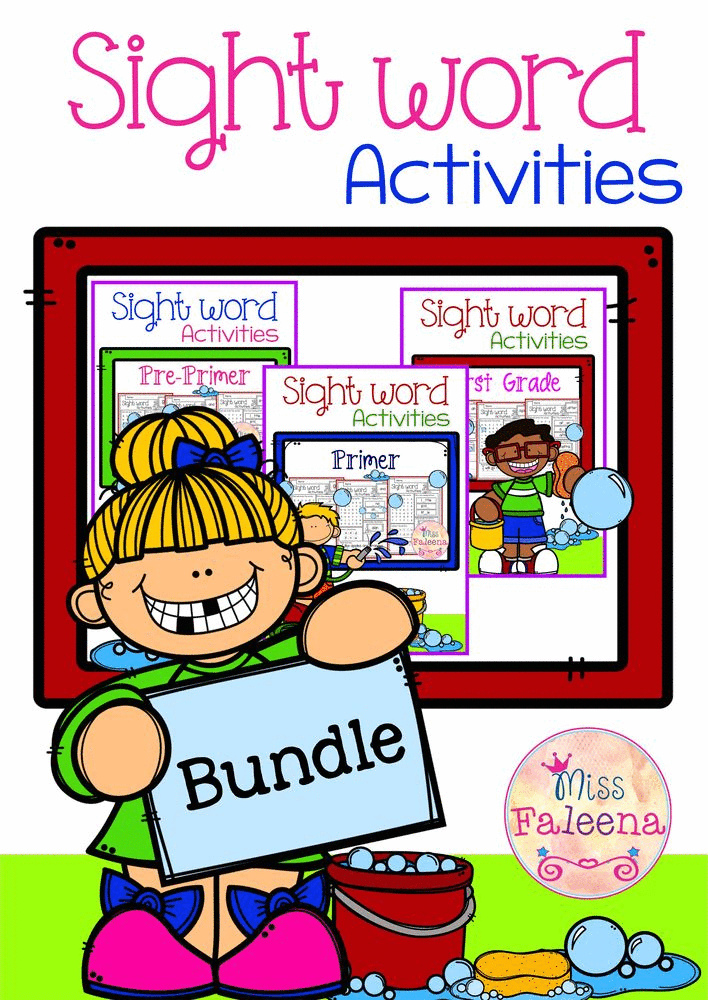 For example, for the green northern state of Idaho, such words are "hunting", "fishing", "Mormons" and "polygamy" - such messages do not lie here.
For example, for the green northern state of Idaho, such words are "hunting", "fishing", "Mormons" and "polygamy" - such messages do not lie here.
PR market analysts point out that the vast majority of all "buzz" news tends to contain no news at all, despite the recommended words that helped them overcome spam barriers. nine0003
"Everything will be fine, you are strong!"
Why do words of support spoken from a pure heart often fail to achieve their purpose and do not help those to whom they are addressed? We offer you a “sympathizer's dictionary”, which was compiled by the fund's psychologist Alina Khain.
You want to support a person in a difficult situation. Sincerely, from the bottom of your heart, wish him well. “Hold on”, “Don’t think about the bad”, “How are you doing?” But for some reason, these words do not help, cause irritation, and sometimes just hurt. Why is this happening? Is there another way to express empathy? nine0003
Of course, the point is not only in specific phrases, but in when, by whom and how they are pronounced. Is it possible to give unambiguous recommendations? Probably not. But we know for sure that in a stressful situation, in a situation where we experience strong feelings, it is difficult for us to select and find the right words. Therefore, we often use something that we have heard before, the so-called cliches. Let's look at these familiar phrases and outline guidelines - what we really want to say to our friends or relatives and what kind of support we ourselves would like to receive if we suddenly find ourselves in a difficult situation. nine0003
Is it possible to give unambiguous recommendations? Probably not. But we know for sure that in a stressful situation, in a situation where we experience strong feelings, it is difficult for us to select and find the right words. Therefore, we often use something that we have heard before, the so-called cliches. Let's look at these familiar phrases and outline guidelines - what we really want to say to our friends or relatives and what kind of support we ourselves would like to receive if we suddenly find ourselves in a difficult situation. nine0003
“Hold on”, “Everything will be fine”, “You are strong”
You really want your friends/relatives to get better as soon as possible, but so far this is not the case. The road to recovery can be very difficult and long. Can we promise that "everything will be fine"? Who can give such a guarantee? What is there to “hold on to” at this moment and how to believe in yourself?
“I really want to be your support right now”
Try to evaluate who is more supported by the words: “Everything is fine”, “Everything will be fine”, “Let's think about good things” - ourselves or people who are going through difficulties right now ? The person to whom you say these words from the very beginning of your communication may have the feeling that you are not ready to immerse yourself in the feelings that he experiences, that you want to quickly turn off the process, because it is really very difficult to come into contact with the pain and grief of another.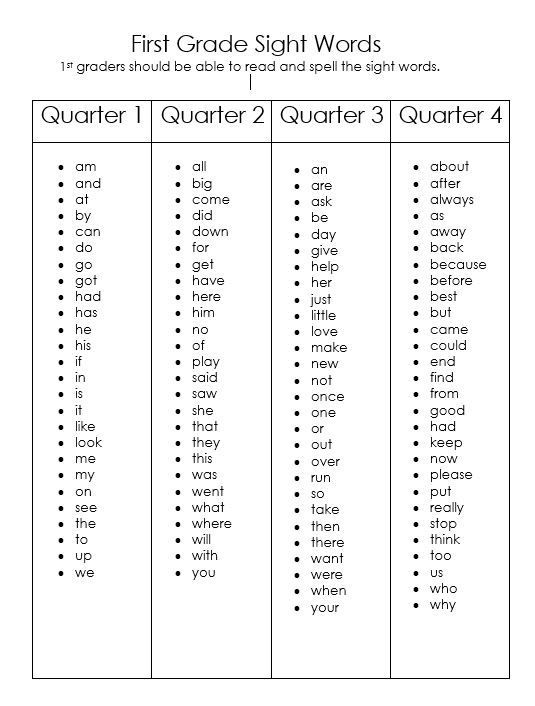 hard. And this is in a sense a natural reaction, we are all living people. nine0003
hard. And this is in a sense a natural reaction, we are all living people. nine0003
If you want to provide emotional support, it is very important to first allow the other to express any feelings they have, accepting them all without judgment or judgment. “What is happening to you / you is probably very difficult.” And only then can you say about your hope that everything will turn out well, and that your friends and relatives will have the strength to cope with this difficult test. “It must be very hard for you, I can’t even imagine how, but I really believe in you.” nine0003
"It must be really hard for you, I can't even imagine how, but I really believe in you."
You can share your feelings, remembering, for example, your joint past experience: “I remember how well you coped with trials in another situation, I know that you are a strong person, I believe in you, in your family.” Also try expressing your feelings and asking, “Can I join your support group? I really want to be your support right now.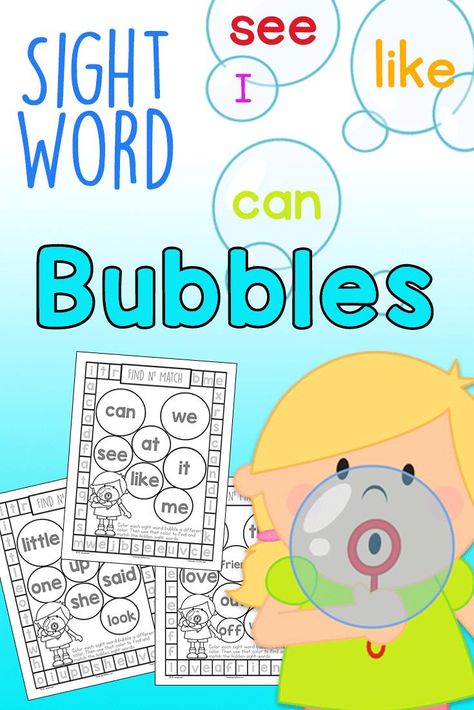 ” The feeling that others care about what is happening to you, that they empathize with your pain, are ready to share it and keep hope for the best with you, is very important. nine0003
” The feeling that others care about what is happening to you, that they empathize with your pain, are ready to share it and keep hope for the best with you, is very important. nine0003
“Call if you need something”
You want to move from words of encouragement to deeds, but you choose not a very good form. Why? It is often very difficult for a person to ask for help, especially to call when something is needed. This is how many of us are arranged: helping is easier than asking for help.
Offer specific help: “I’m ordering groceries now, let’s order you what you need now?”, “I want to give you a small package, I bought you a hand cream, but I don’t know what kind of face cream you use, tell me which is better to choose? Download and share a book, movie, or music to give your loved ones a distraction. Help with real deeds and carefully ask and clarify what is best done. nine0003
“I'm ordering groceries now, let me order you too, what do you need now?”
Do not forget that help may concern not only the directly ill person.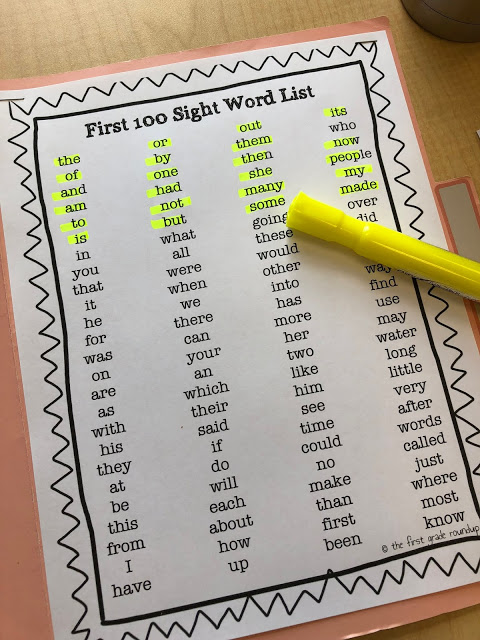 If a child with his mother left for treatment in a federal center far from home, the family that stayed in the city also needs support. There may be other children at home, elderly parents, for whom your loved ones are also worried. Call them, ask how they are doing, help the whole family, as far as possible, to cope with the changes that the disease has led to. "We're going to the park/cafe/cinema, let's grab your junior/senior." “Next weekend we would like to invite you to visit, what do you think?”, “We are going to buy vegetables, what to buy for you?” nine0003
If a child with his mother left for treatment in a federal center far from home, the family that stayed in the city also needs support. There may be other children at home, elderly parents, for whom your loved ones are also worried. Call them, ask how they are doing, help the whole family, as far as possible, to cope with the changes that the disease has led to. "We're going to the park/cafe/cinema, let's grab your junior/senior." “Next weekend we would like to invite you to visit, what do you think?”, “We are going to buy vegetables, what to buy for you?” nine0003
“Don't think about the bad”, “You have to tune in for the best”, “It all depends on you”
In most cases, it becomes easier for us when events have an understandable reason that can be influenced. This gives us back a sense of order in the world, where everything happens for a reason and not by chance. As if troubles do not happen by themselves and with anyone, but only if ... (and then ellipsis). One way or another, we all like to think that if we behave correctly, then troubles will not happen to us or will end quickly. nine0003
One way or another, we all like to think that if we behave correctly, then troubles will not happen to us or will end quickly. nine0003
“Not everything depends on us, but we will try to do our best
But if the words “Everything depends on you. Tune in for the best, ”to say to someone who has already encountered difficult experiences, it is difficult to find something to rely on in them. Instead of support, they can increase the guilt that often arises in the parents of children who are ill, and in the ill person for a variety of reasons. In addition, the advice to "tune in" and "do not think about the bad" is very difficult to follow. What does "don't think bad" mean when a child is in the hospital? When we find ourselves in a difficult situation, we somehow have to think through a variety of options for the development of events. nine0003
When people face a difficult experience, the same unpleasant thoughts and fears can revolve in their heads, which make them ashamed and scared. We, often out of superstition, are afraid not only to pronounce them, but also to think them out, we drive them away from ourselves. And then it turns into a kind of constant pursuit, which takes a lot of strength. Not only in fairy tales, but also in real life, something said, shared with another, turns out to be not so terrible. It is easier to distance oneself from spoken (or written) repetitive thoughts, look at them from the outside, find arguments, leaving room for hope. The ability to talk about everything without fear of judgment also helps to reduce inner tension. nine0003
We, often out of superstition, are afraid not only to pronounce them, but also to think them out, we drive them away from ourselves. And then it turns into a kind of constant pursuit, which takes a lot of strength. Not only in fairy tales, but also in real life, something said, shared with another, turns out to be not so terrible. It is easier to distance oneself from spoken (or written) repetitive thoughts, look at them from the outside, find arguments, leaving room for hope. The ability to talk about everything without fear of judgment also helps to reduce inner tension. nine0003
“If you want, you can share with me so you don’t keep everything to yourself”
hard for you. It is clear that it is very difficult not to think and imagine how the situation will develop. If you want, you can share with me so you don't keep everything to yourself."
If you want to help a person immersed in difficult experiences, you can focus on what good you are ready to fill in his life, in which there are now so many trials and so little joy.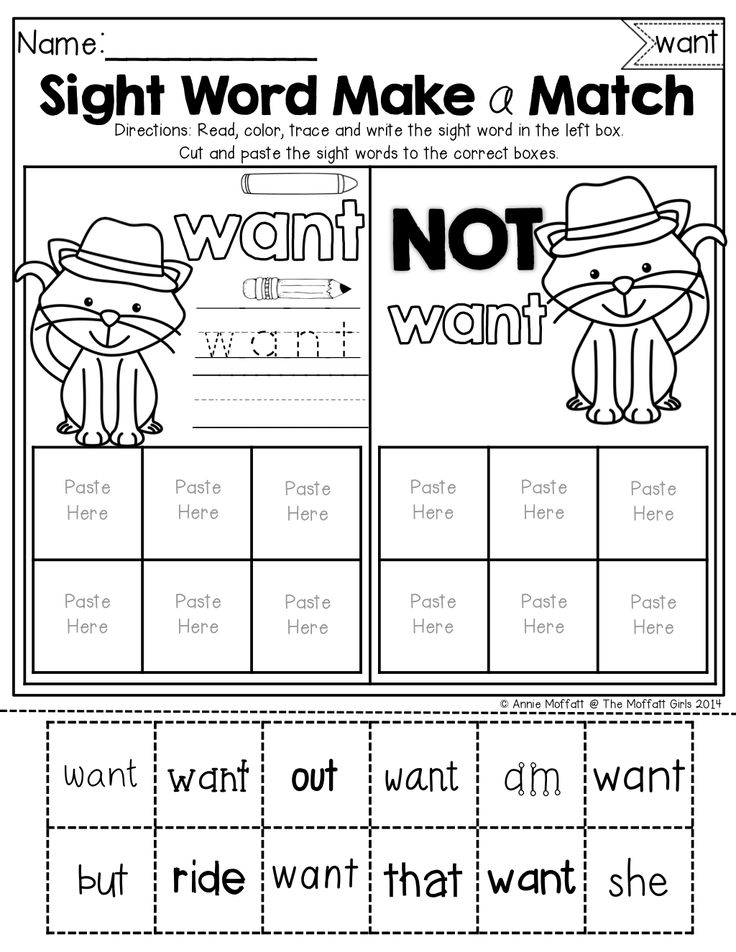 Think of small pleasant surprises (not only children, but also adults need it), send photos, books, videos so that your friend/relative is distracted from heavy thoughts in free moments, fueled by positive emotions. You can also share something that helps you: “In difficult times, I remember something good, it restores me. If you don’t mind, let’s remember together how we went somewhere together, walked, or something else good that happened in our life. nine0003
Think of small pleasant surprises (not only children, but also adults need it), send photos, books, videos so that your friend/relative is distracted from heavy thoughts in free moments, fueled by positive emotions. You can also share something that helps you: “In difficult times, I remember something good, it restores me. If you don’t mind, let’s remember together how we went somewhere together, walked, or something else good that happened in our life. nine0003
It is important to tell relatives that what happened is not their fault: “Don't blame yourself, it takes a lot of strength that is needed for yourself and supporting the child. Not everything depends on us, but we will try to do our best, and I will try to help you in every way I can.
“How are you?”, “Well, are you feeling better?”
You regularly write, call and ask: “How are you doing?” or “Well, are you feeling better?” because you are really worried and want to show that you remember, do not forget, you care about what is happening. And because the question “how are you” is a common question to start a conversation, in ordinary life it is easy and normal to ask such a question. But right now, your friends, your family, who are undergoing treatment, are in special circumstances. And this question may lose its neutrality, cease to be perceived as a simple manifestation of politeness. nine0003
And because the question “how are you” is a common question to start a conversation, in ordinary life it is easy and normal to ask such a question. But right now, your friends, your family, who are undergoing treatment, are in special circumstances. And this question may lose its neutrality, cease to be perceived as a simple manifestation of politeness. nine0003
“May I ask once a week what is going on with you?”
Imagine that the question “how are you?” you can ask not only you, but also several other people, several times a day. At the same time, there may not be any special news that could be shared. The treatment lasts a long time, sometimes it seems that nothing is happening or something is happening that is not very pleasant, which is not clear how to talk about: only the person who is inside the situation can understand the nuances. In addition, one does not always feel like talking about “news”, or one does not have the strength to do so. nine0003
Ask: “If I ask you from time to time how things are going, is that okay? I understand that I am not the only one, what is the best thing to do in order to find out your news? “May I ask once a week what is going on with you? It’s important for me to know this, but I don’t want to overload with my questions.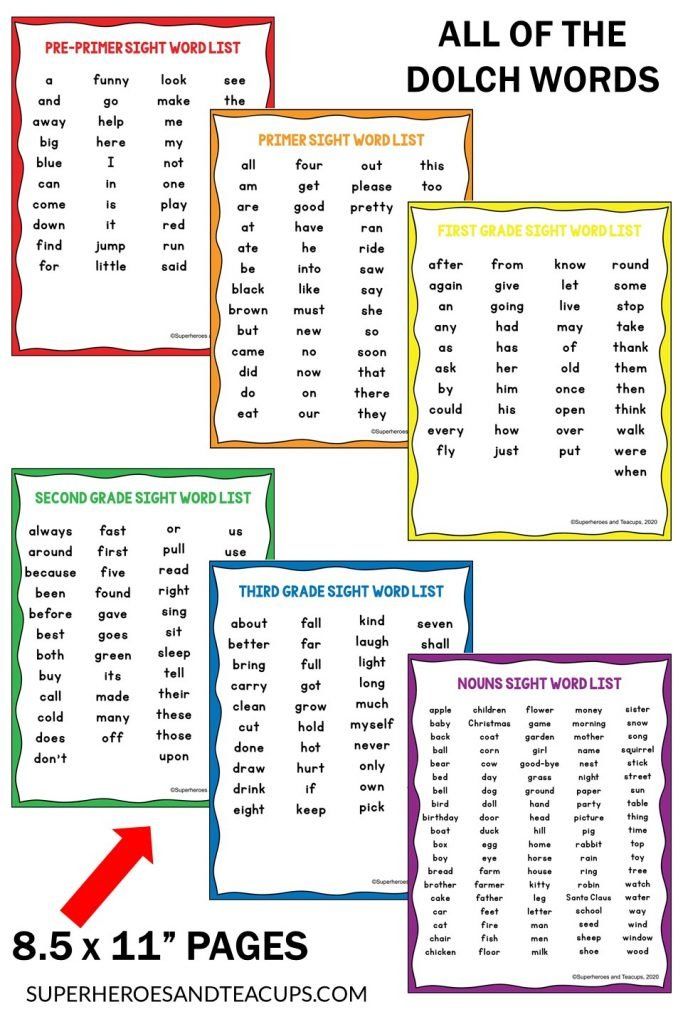 ” If the circle of involved and supporters is large, create a chat where you can write to everyone at once. Or choose one person from all who will be interested in the news of the family and share it with everyone else. Come up with other options to start a conversation or correspondence. For example: “I am writing to you to tell you that I think about you.” nine0003
” If the circle of involved and supporters is large, create a chat where you can write to everyone at once. Or choose one person from all who will be interested in the news of the family and share it with everyone else. Come up with other options to start a conversation or correspondence. For example: “I am writing to you to tell you that I think about you.” nine0003
“It happened to me too”
Speaking about something important, we tend to tell our stories: “Yes, it happened to me too, I/we also got sick, were in the hospital.” It seems that this is about “how I understand you”, about trust, willingness to open up and share. But this path also has its pitfalls.
“It’s hard to compare, but I can kind of understand, I had a similar experience”
Sharing something that was difficult, caused complex and strong feelings, even if it was a long time ago, there is a risk of getting carried away with the story more than you thought in advance . You may be overwhelmed by your own emotions, and at that moment you will be more turned to yourself than to the person you want to support.

